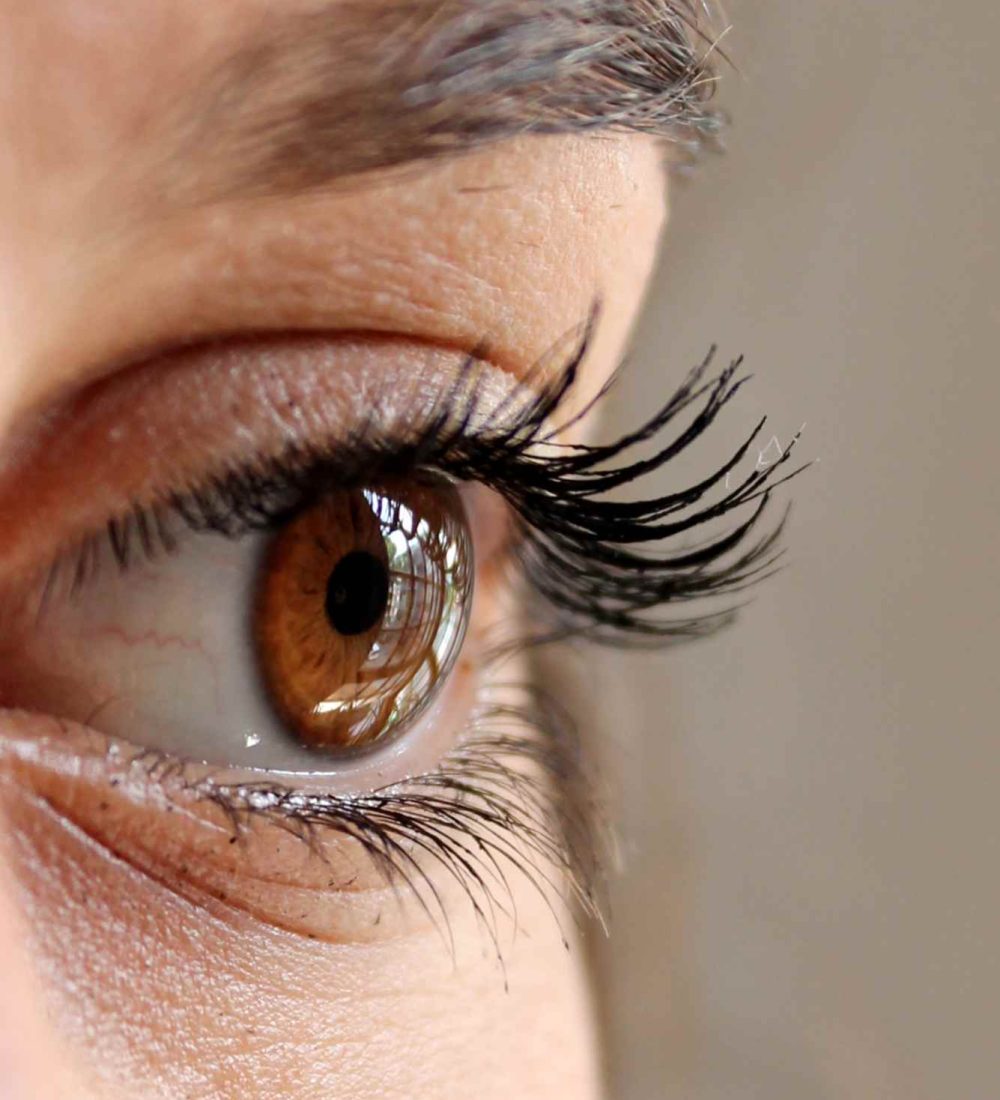Isha Netralaya | Best Eye Hospital in Maharashtra | Eye Specialist
What to Expect Before, During, and After Cataract Surgery
admin
15/09/2024

Learn what to expect before, during, and after cataract surgery. Discover preparation steps, surgery process, and post-surgery care tips for smooth recovery. Cataract surgery is one of the most common and usually safe procedure that help you to restore your vision after having cataracts in eyes. Cataract surgery preparation and recovery knowing what cataract removal involves will help you prepare for the operation, as well as successfully recover from it. This article covers the most crucial things related to cataract surgery — pre-surgical steps, procedure of going through it and what you can expect afterwards.
What Happens Before and During Cataract Surgery?
Pre-Surgery Preparation
In order to make the surgery effective and safe, you need a few steps of preparation before entering cataract surgery. Your ophthalmologist will conduct a detailed eye examination to evaluate the extent of your cataract and decide which type of intraocular lens (IOL) is appropriate for you. This is all done so measurements of your eye can be taken to determine what exact lens implant you need.
Getting an eye exam but also, your doctor will first discuss with you regarding past medical history or the medicines that can be taking. You may be asked to stop taking some medications, in particular blood thinners for a couple of days before the surgery. A few days before the procedure, your doctor may also prescribe antibiotic eye drops to help prevent infection.
During Cataract Surgery
Most of the time, cataract surgery is an outpatient procedure-no overnight hospital stay required. The surgery itself generally supports around 15-30 min per eye. The following is a systematic training of the activity that goes down in surgery:
- Anesthesia: Local anesthesia will be provided for the region of a person’s eye. If you require a sedation, this will be provided as well to further assist during your procedure.
- Incision: A small cut on the surface of the eye.
- Removal of the lens: Ultrasound waves are used to break up a clouded lens, which is then removed from your eye.
- Artificial Intraocular Lens (IOL) Implantation: A new, transparent IOL is placed in the eye to replace the natural lens.
- Closure of Incision: The incision is generally self-sealing and does not need stitches.
What to Expect After Having Cataract Surgery?
Recovery Right After Surgery: Immediately Post-Surgery, you will spend a brief time in the recovery area (until post-surgical anesthesia has worn off) the adjustment to the new lens may cause your eye sight to be a bit blurry in the beginning. Although improvement in vision comes quickly, often within days of treatment, full recovery can take weeks.

Post-Surgery Care
After surgery you will be provided with specific care for eye instructions. This usually means using the prescribed eye drops to prevent infection, and reduce inflammation. It is very important to adhere strictly to these guidelines in order that recovery occur optimally.
What Is the Preparation for Cataract Surgery?
Preparation for Cataract Surgery: There are few steps that you need to prepare in order ensure it is convenient for your eyes when the surgery happens. Besides the eye test and clinical examination, you will also need to have someone drive you home after surgery as your vision may be blurry. Additionally, consider asking someone to stay with you for the first day or two and help out Essentials of Modifying Your Home
Your physician will also inform you of things to avoid eating before the surgery. You will be told to fast for a few hours before the test. Wear loose, comfortable clothes and do not wear any makeup or lotions on the day of surgery.
Do’s and Don’ts After Cataract Surgery
So, after cataract surgery there are some do’s and don’ts which can actually affect your recovery a lot:
Do’s
- Follow-up Eye Drops: Apply your prescribed antibiotic and anti-inflammatory eye drops.
- Shield Your Eye: You can wear eye shield or goggles to halt any injury from falling particles.
- SLEEP: Make sure you get the proper amount of sleep – it helps with recovery!
- When Follow: up Visits Be sure to keep all follow up visits with your eye doctor so that they can check on how well you are progressing.
Don’ts
- Do Not Exertion: Do not lift anything heavy, bend over or do any work that exerts pressure on your eye.
- Don’t Rub Your Eye: Rubbing your eye only increases the risk of infection and complication’s.
- Do Not Swim: Enter indoor or outdoor swimming pools, hot tubs, reverse baths.
- Don’t Wear Make Up: Until it is deemed safe by your doctor, avoid using eye makeup.
How Many Days of Rest Is Required After Cataract Surgery?
Usually, the first day’s post-cataract surgery you need to rest. The ulcer heals partially (which means re-infection or relapse is a possibility) and 1-2 days after ablation, patients are able to chew again. Complete restoration of sight and the stabilization may need up to 6 weeks. You must follow your doctor’s orders, and attend all of the rest of the check-ups in that time period so when you do return for an MRI/MRA things are smoother.
Can We Watch TV After Cataract Surgery?
You can generally watch TV after cataract surgery, but it is contribute to in moderation. Your eyes may feel more delicate and tired, take lots of breaks to avoid just sitting staring at your screen for prolonged amounts of time. Artificial tears will help to lubricate your eyes and allow you to be more comfortable during TV watching or while using digital devices.
Knowing what to expect prior, during and following your cataract procedure will help you prepare for the surgery & assist in maintaining a speedy recovery. Follow your doctor’s instructions and look forward to a brighter new vision life after surgery! Make sure to come for all follow-up appointments and notify your ophthalmologist of any new or unusual symptoms immediately!
Ready to Transform Your Vision?
At Isha Netralaya, we’re dedicated to providing exceptional cataract surgery and care. Don’t let cataracts hold you back from enjoying life with clear vision. Schedule your comprehensive eye exam today and take the first step towards a brighter, clearer future!
Our expert team is here to support you every step of the way. Experience the difference with Isha Netralaya—where your vision is our priority!
Emergency Call
As one of the leading eye hospitals in the heart of Thane, we take pride in our expertise in treating a varied range of eye problems.






